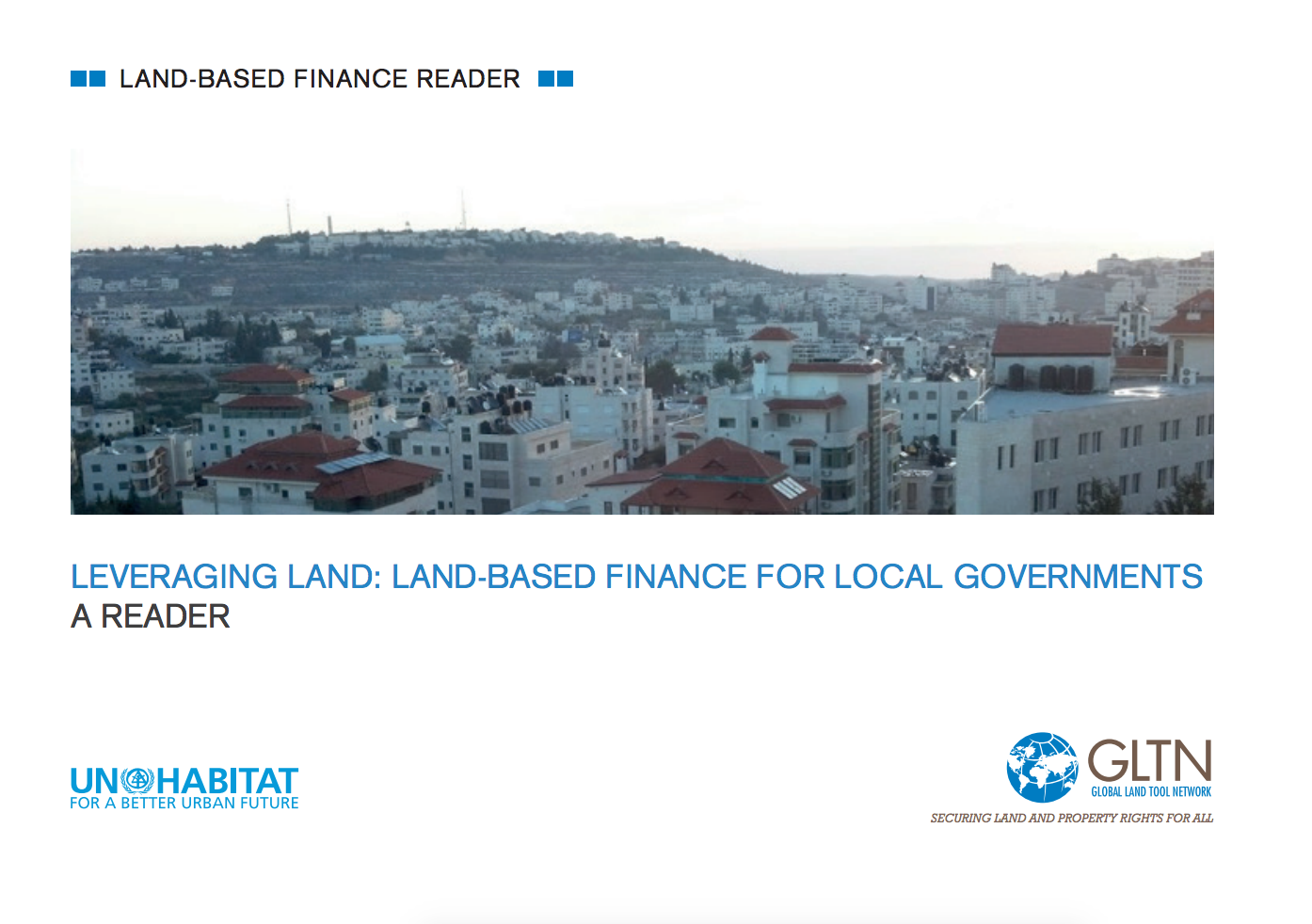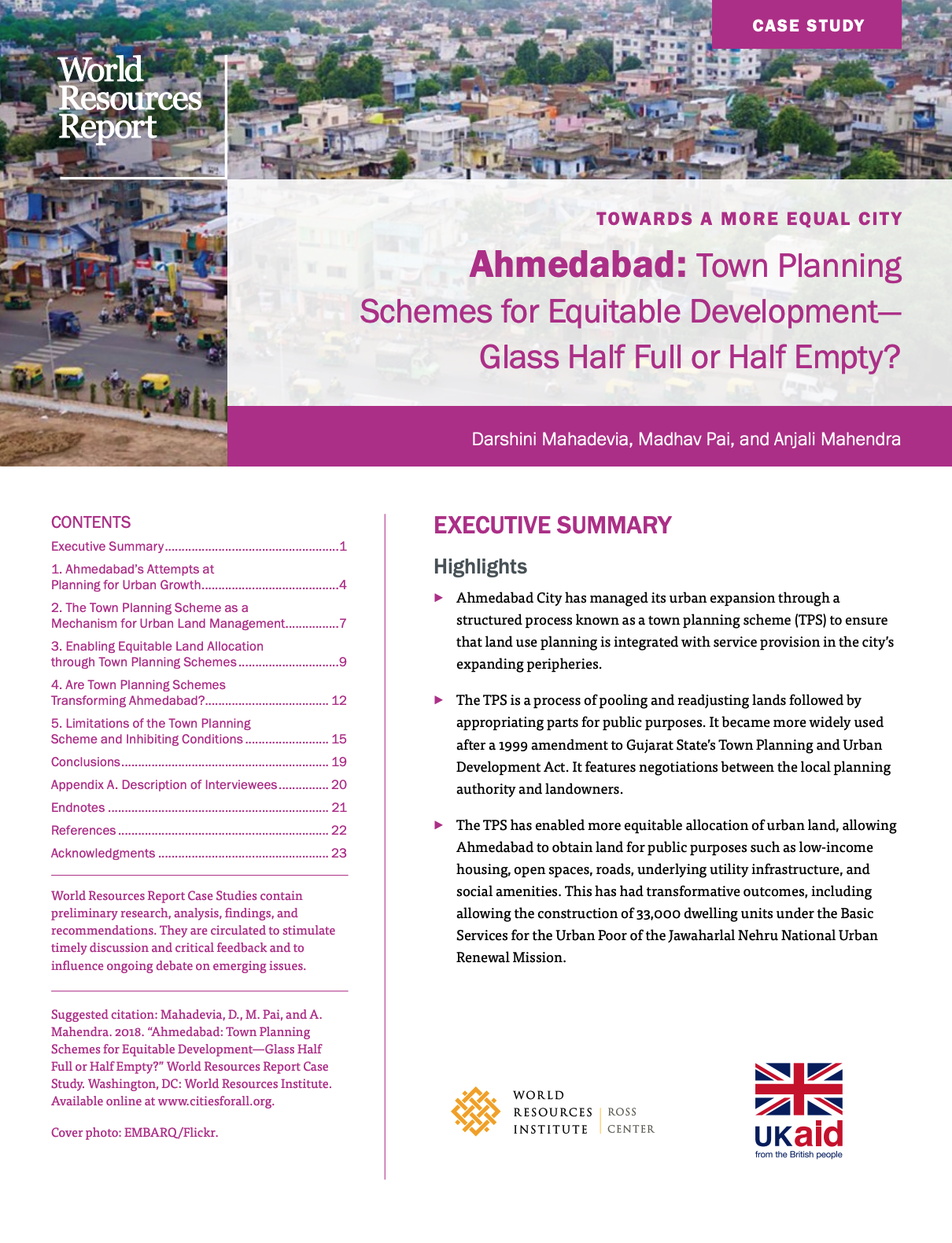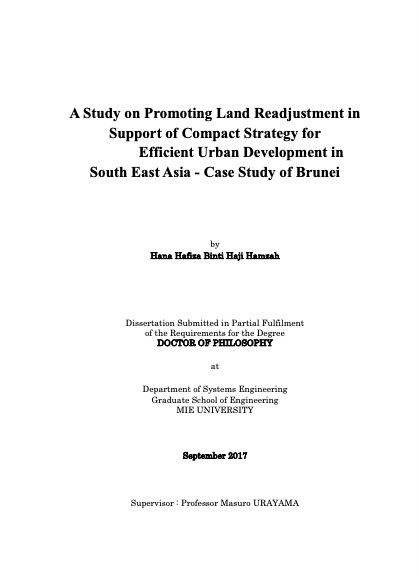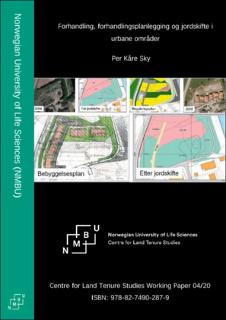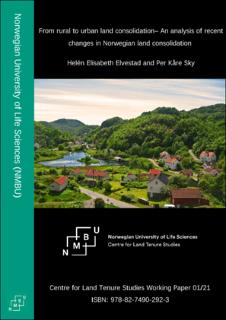22. Participatory And Inclusive Land Readjustment: A Pro-Poor Land Management Strategy For City Redevelopment. The Case Of Medellin, Colombia - PPT
Participatory And Inclusive Land Readjustment: A Pro-Poor Land Management Strategy For City Redevelopment. The Case Of Medellin, Colombia




